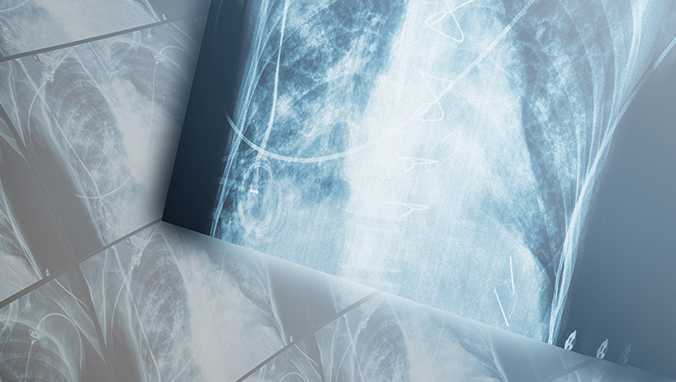What are the hazards of pregnancy-induced hypertension to the fetus
Pregnant hypertension can cause symptoms such as edema, headache, vertigo, blurred vision, jaundice, and even coma. In severe cases, it can threaten the lives of mothers and infants, and it can also threaten other systems, such as the blood system, which is more harmful to the fetus and the uterus. Insufficient placental perfusion can cause growth retardation, malnutrition, and can also cause low amniotic fluid volume, and even fetal death.

Pregnant hypertension is very common A disease that has a great impact on the human body. Many pregnant women will be very careful during pregnancy and take relevant preventive measures, fearing that they will suffer from pregnancy-induced hypertension. In addition, what makes many pregnant women worry is that it will cause harm to the fetus''s body and mind due to pregnancy-induced hypertension. So what are the hazards of pregnancy-induced hypertension to the fetus?
Pregnancy-induced hypertension is a disease unique to pregnancy. The harm of pregnancy-induced hypertension is very large, which may cause convulsions, coma, and other organ damage. In severe cases, it may even threaten the life of the fetus and pregnant women. It may also cause various sequelae.
Pregnant hypertension may cause brain tissue ischemia, hypoxia, edema, and loss of cerebrovascular self-regulatory function. Patients may suffer from headache, dizziness, nausea, vomiting, and even coma. In addition, it may cause myocardial ischemia and increase the burden on the heart. In severe cases, it may lead to heart failure.
Pregnant hypertension syndrome (pregnancy-induced hypertension) usually occurs after 24 weeks. Common in primiparas, pregnant women with multiple pregnancies, polyhydramnios or anemia, diabetes, chronic nephritis, or high blood pressure. The main symptom of pregnancy-induced hypertension is that pregnant women suffer from severe hypertension. If the blood pressure rises to a certain level, it will not only affect the pregnant woman''s body, but also the growth and development of the fetus, and intellectual development will have a long-term serious impact.
The occurrence of spasticity in pregnancy-induced hypertension will reduce the effective blood circulation throughout the body. The blood will become thicker and the blood flow will slow down, which will affect the amount of blood flowing to various organs, especially the blood flow of the uterine placenta. It is easy to endanger the fetus, making the fetus extremely vulnerable to nutritional deficiencies and insufficient oxygen supply in the uterus, so that the fetal growth and development are retarded, and even serious cases will lead to stillbirth, stillbirth or neonatal asphyxia.
Pregnancy-induced hypertension generally recovers naturally after delivery, but if the protein content in the urine remains high after 1 month of delivery or if symptoms of hypertension continue to occur, you should consider whether it is pregnancy-induced hypertension Sequelae of disease.
Related Articles

- Foods suitable for infants and young children
- The meal we prepare for our children should contain high-quality protein, inorganic salt-rich fish and shrimp, eggs, tofu, and iron-rich sesame paste, animal liver, and add some cereals to
- 2020-08-03

- The relationship between food pairing and nutrition
- The original meaning of nutrition does not only refer to the nutrients contained in the food itself, but also a process of how these nutrients can be digested, absorbed and utilized by the
- 2020-08-03

- Maternal cold hands and feet need to be careful
- Many people get cold hands and feet as soon as winter comes, especially women among them. The reason is not surprising:
- 2020-08-03

- What is good for gout
- The summer and autumn season is a high season for gout. Gout is also a disease closely related to diet. How can gout patients eat well and eat nutrients in this autumn? Here is a recommende
- 2020-08-01

- What should be paid attention to in winter
- Rheumatoid bone disease is a clinically high-risk disease, which mainly occurs in young and middle-aged people. The disease is difficult to cure, causing great pain to patients. In addition
- 2020-08-01

- Is bone metastasis of lung cancer advanced?
- We all know that lung cancer does not have any typical symptoms in the early stage. It is difficult for patients to find early lung cancer. It is really difficult to find the existence of d
- 2020-07-27
